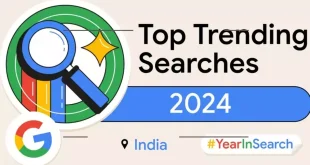
The Cyber Security Authority (CSA) has issued a public alert over a sharp rise in online investment scams, leading to significant financial losses. Between January and August 2024, a total of 149 reports of cybercrime and cybersecurity incidents were submitted through the CSA’s Points of Contact (PoC), resulting in losses amounting to ₵1,986,057.
This marks a substantial increase compared to the same period in 2023, which recorded 63 cases and total losses of ₵421,621. The CSA’s latest report underscores the growing threat of fraudsters using sophisticated techniques to deceive victims into investing large sums of money in fake schemes.
Modus Operandi of Scammers
The CSA explained that scammers often clone websites of legitimate investment companies, promising unusually high returns over a short period. Victims are typically lured through social media ads, emails, and text messages promoting these fraudulent opportunities.
Once a victim makes an initial investment, usually via mobile money, they are shown fake returns and allowed to withdraw a small fraction to build trust. The scam escalates when the victim is asked to invest more or pay fees—sometimes labeled as taxes—before withdrawing more substantial amounts. Eventually, victims with significant investments lose access to their accounts, and the scammers vanish.
CSA’s Recommendations
To combat this growing threat, the CSA urges the public to be skeptical of any unsolicited investment opportunities, particularly those that offer quick, high returns with little or no risk. Ghanaians are advised to:
– Avoid investments requiring immediate decisions or commitments.
– Verify the legitimacy of any investment by checking with regulatory authorities such as the Bank of Ghana (BOG) and the Securities and Exchange Commission (SEC) before proceeding.
– Refrain from sharing personal or financial information, including bank account details or credit card numbers, with anyone unless certain of their credibility.
 GhArticles.com Every News in Detail
GhArticles.com Every News in Detail



